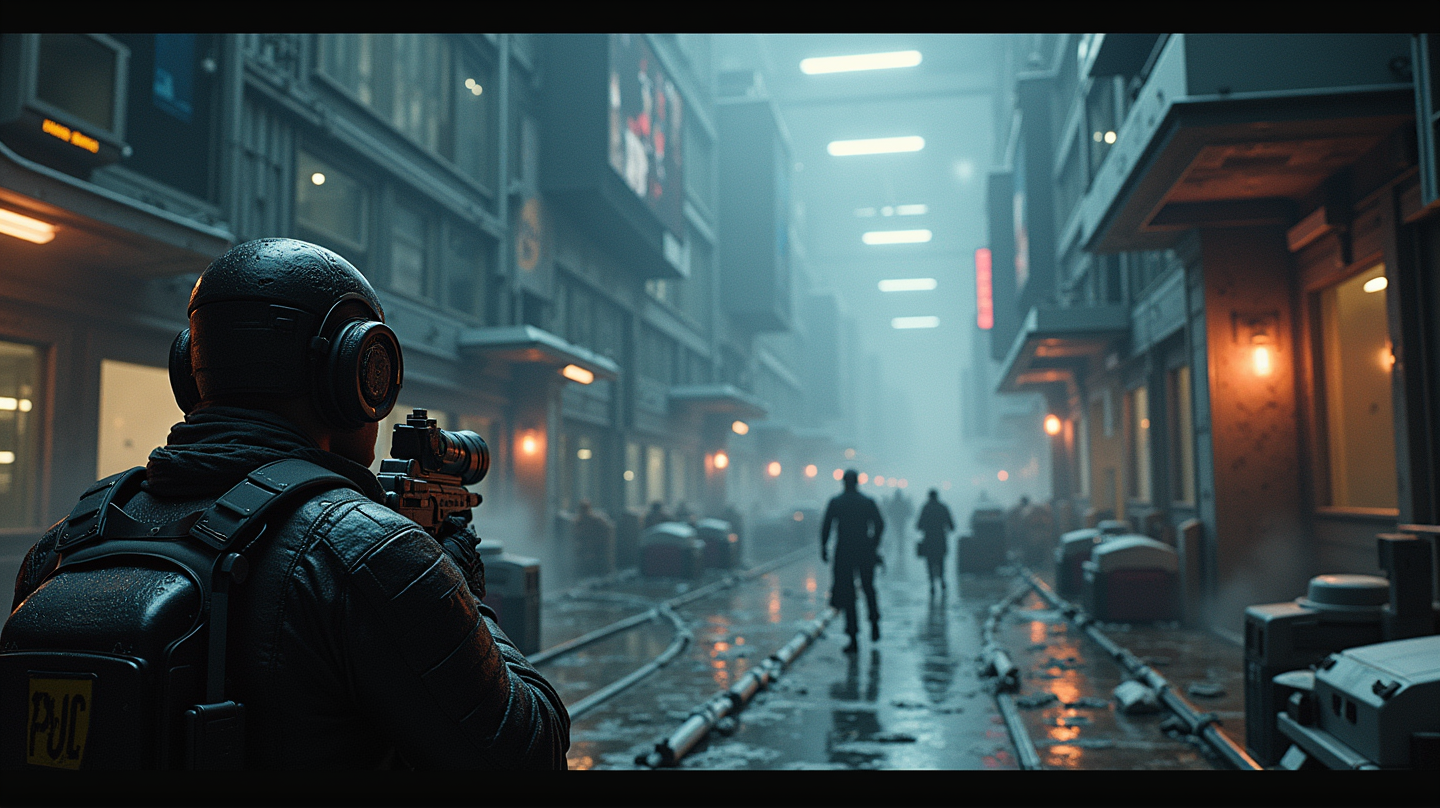Google's AI Fumble: The Fictional 'Call of Duty: Black Ops 7' Controversy
Google's AI falsely labeled 'Call of Duty: Black Ops 7' as fictional, revealing AI's struggle with real-time info according to SOURCE_LINK.

In an unexpected turn of events, Google’s own AI Overview has stirred up a digital conundrum by labeling the newly released “Call of Duty: Black Ops 7” as a fictional game. For those venturing into Google’s search realm, this curious oversight presents a mix of confusion and intrigue, as detailed in the following revelations.
The AI’s Misdirection
Searching for “Black Ops 7” has, for months, sparked bizarre responses from Google’s Gemini-powered AI, boldly declaring that the game doesn’t exist. This assertion includes fictional release dates and game settings, all of which are, in fact, veritable details for the real Call of Duty entry. In the realm of tech inaccuracies, this glitch is a fascinating pickle to unpack.
A Game of Reality
“Call of Duty: Black Ops 7” is more than just a hypothetical construct. As the 22nd installment in this storied series, it officially hit shelves with an array of features that include a timeline continuation to 2035, campaign collaborations, and its fan-favorite Zombies mode. Yet the wrinkles in Google’s AI continue unfurling a fictional narrative. According to Mashable, misunderstandings like this one are brushing against the broader tapestry of AI’s capability to handle up-to-the-minute analyses.
Frustration Beyond Fiction
The curious case unfolds further as users and fans flock to platforms with grievances. Not only does Google’s AI seem oblivious to Black Ops 7’s authenticity, but the game itself has suffered critique, reflected in its dismal 1.8 score on Metacritic. Fans cite disappointments ranging from unsatisfying narratives to the game’s heavy reliance on AI-generated elements.
AI’s Broader Struggle
This issue unveils a broader truth about AI’s current limitations in processing fast-evolving media landscapes. While Google’s AI fumbles with Black Ops 7, it gets other gaming launches right. For instance, Yakuza Kiwami 2 seamlessly occupies its digital space post-release, as the AI narratives surrounding other games fluctuate between accurate and wayward.
Insights from the Larger Picture
The dialogue extends beyond gaming, echoing industry-wide concerns about AIs as news purveyors. Real-time responsiveness remains a formidable challenge, with missteps such as incorrectly handling the release news of Dragon Ball: Sparking! Zero, or even more serious events. The underlying message is clear: robustness in AI information outputs is both a necessity and a work in progress.
The Broader Technological Impact
As AI evolves, its role expands into areas where users depend on it as encyclopedic fact-checkers and navigators within volatile news cycles. The Black Ops 7 incident underscores the ongoing need for further refinements. Whether addressing a viral event or a shift in game releases, precision and timeliness in AI’s dataset interpretations will define its future efficacy.
In the growing intersection between human reliance on technology and tech’s current algorithms, Google’s AI glitch around Black Ops 7 acts as a small but telling marker of the path yet to be traversed.





